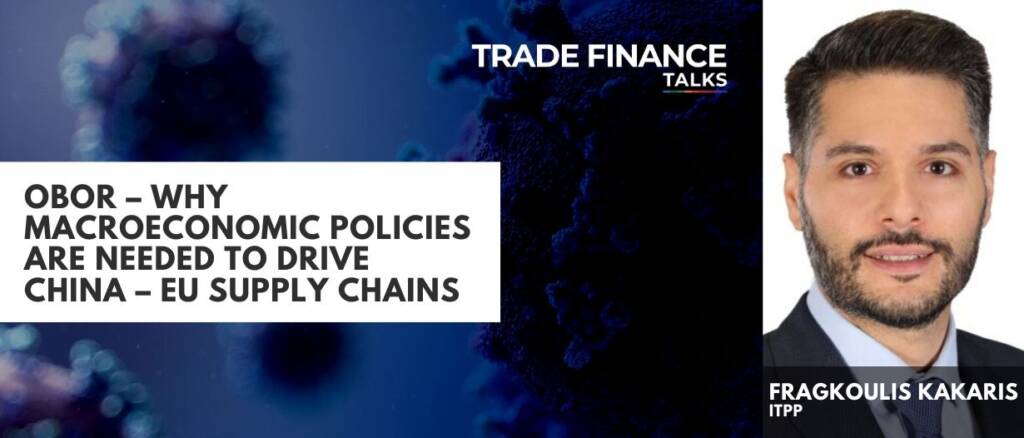If regulators and established FIs are to place their faith – and their capital – in Blockchain, it must have a financial crime control framework to match efficiency of the solutions blockchain offers.
Farmers are losing money regardless of their size, defaulting on existing facilities, and as such financiers are exiting structured commodity finance due to credit and compliance risks.
Collective action by sector players concentrating on continuing education, enabling women’s access to financial markets, and directing women to more value-added businesses can be a solution to remove barriers and promote women in trade.
Considering the stakes involved in managing the AML/KYC compliances are high, banks/ FI should carefully assess the options available with them and look holistically to mitigate the risk.
SMEs need to explore innovative financing options like trade credit insurance as they plan and prepare for the “new normal”.
By leveraging technology for insights, a banker can make well-informed decisions, in compliance with audit and ethics, which are in the best interest of the bank.
Debtor Finance is a simple, viable alternative to consider for relatively quick access to working capital funding.
The magnitude and complexity of the OBOR project creates numerous policy challenges for countries in the region seeking to benefit from its implementation thus, the need for policy cooperation.
Banks, fintechs, and other vendors have a pivotal role to play in this situation to support communities and try to help the economy moving in the short and long term.
How are the rights and obligations of the parties to a credit affected on account of missed deadlines caused by these force majeure events?
























